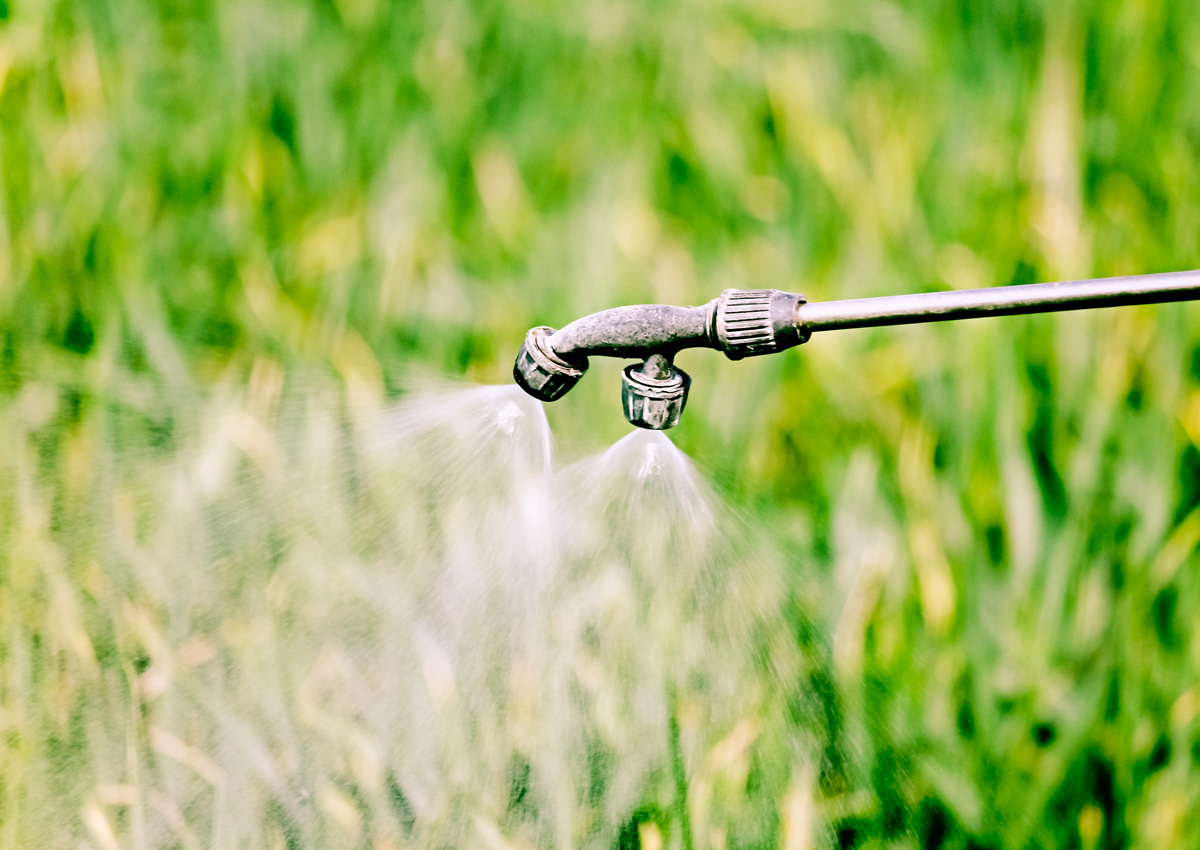
EPA Regulatory Review: Glyphosate Has No Human Health Risks
February 5, 2020| |
The United States Environmental Protection Agency (EPA) has released the results of its regulatory review of glyphosate in January 2020 after receiving and considering public comments. In their interim decision, EPA continues to find that there are no risks of concern to human health when glyphosate is used in accordance with its current label. According to the Interim Registration Review Decision, the agency has thoroughly evaluated the potential human health risk associated with exposure to glyphosate and concluded that there are no risks to human health from the currently registered uses of glyphosate and that glyphosate is not likely to be carcinogenic to humans.
Glyphosate is a widely used herbicide that controls broadleaf weeds and grasses and was first registered in 1974. EPA scientists conducted an independent evaluation of available data for glyphosate and found:
- No risks of concern to human health from current uses of glyphosate. When used accordingly, glyphosate does not result in risks to children or adults.
- No indication that children are more sensitive to glyphosate. After evaluating numerous studies from a variety of sources, the Agency found no indication that children are more sensitive to glyphosate from in utero or post-natal exposure. As part of this assessment, EPA evaluated all populations, including infants, children, and women of child-bearing age.
- No evidence that glyphosate causes cancer in humans. The Agency concluded that glyphosate is not likely to be carcinogenic to humans. EPA considered a significantly more extensive and relevant data set than the International Agency on the Research for Cancer (IARC).
- No indication that glyphosate is an endocrine disruptor. Glyphosate has undergone Tier I screening under EPA's Endocrine Disruptor Screening Program and based on all available information, EPA concluded that existing data do not indicate that glyphosate has the potential to interact with the estrogen, androgen or thyroid signaling pathways.
From 1996 to 2018, herbicide tolerant (HT) crops, such as glyphosate and glufosinate tolerant crops, occupied the largest planting area of biotech crops. In 2018 alone, HT crops occupied 87.5 million hectares or 45% of the total 191.7 million hectares of biotech crops planted globally.
For more details, read the glyphosate interim decision on the EPA website.
| |
You might also like:
- Asian Farmers would Face Increase in Weed Control Costs on Glyphosate Use Restrictions
- Large US Study Says No Link Between Glyphosate and Cancer
- European Chemicals Agency Says Glyphosate Not Carcinogenic
- New Zealand EPA Declares Glyphosate as Noncarcinogenic
- EFSA: Glyphosate Unlikely to Cause Cancer
Biotech Updates is a weekly newsletter of ISAAA, a not-for-profit organization. It is distributed for free to over 22,000 subscribers worldwide to inform them about the key developments in biosciences, especially in biotechnology. Your support will help us in our mission to feed the world with knowledge. You can help by donating as little as $10.
-
See more articles:
-
News from Around the World
- Zimbabwe Lifts Ban on GM Corn Imports
- Farmers in North Western Uganda Upbeat about Disease Resistant GM Cassava
- BTI Scientists A Step Closer to Chilling Tolerant Corn
- Genetically Engineered Gut Bacteria Boost Honey Bees' Immunity, Limit Pathogens
- Cuba Produces Biotech Sweetener
- EPA Regulatory Review: Glyphosate Has No Human Health Risks
- New Video Series Highlights Clamor of Filipino Farmers for Bt Eggplant
- Genetically Engineered Moth Open Field Tests Reported As A Success
-
Research Highlights
- Scientists Improve Antioxidant Content of Maize
-
Plant
- Experts Develop a Simple and Efficient Cloning System for Genome Editing in Rice
-
Read the latest: - Biotech Updates (February 18, 2026)
- Gene Editing Supplement (January 28, 2026)
- Gene Drive Supplement (February 22, 2023)
-
Subscribe to BU: - Share
- Tweet

